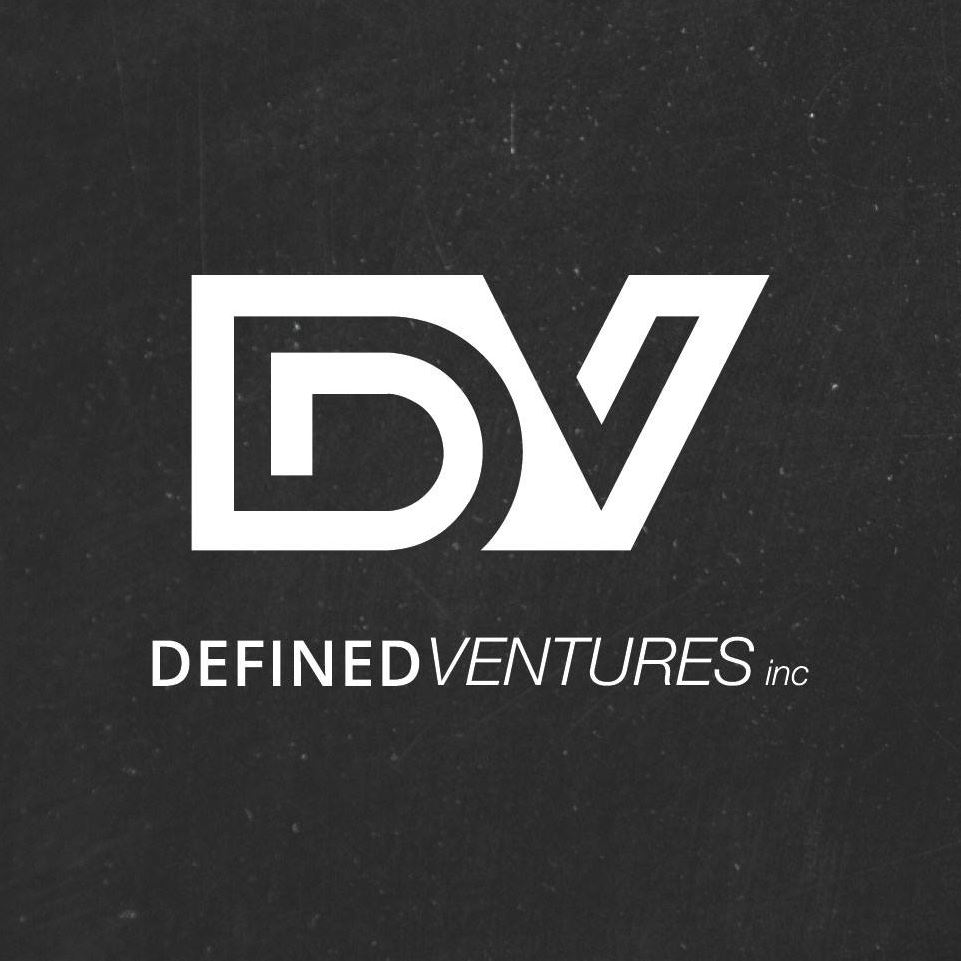The burgeoning freelance and gig economy is changing how we work, where we work, and even how we do business when we’re staying within the confines of tradition. Rather than large, sprawling creative departments, many businesses are shifting to smaller and more intimate creative teams.
Results show that this is a generally positive thing; more intimate work environments allow people to collaborate closely, and that leads to success more often than not. But managing small creative teams can be a very different experience; team members may work an alternative schedule, make their own schedule, and collaborate in new ways.
Even though it may seem unnecessary, project management is still useful for small creative teams. Here’s a few of the most helpful reasons it’s still worthwhile.
Manage Different, Unique Schedules
We know that small creative teams tend to have unusual schedules, especially when gig workers or freelancers are involved. Those schedules often don’t follow any specific pattern, and even if they do, the pattern may be very different from other workers at the business. It makes even more sense to monitor and track those unusual schedules to prevent projects from going off the rails.
Most newer project management software makes it easy to enter fragments of hours or alternative schedules, making it easy and sensible to accommodate these alternative ways of working. Most platforms also grant team members the ability to adjust schedules on the fly (guided by set parameters), so the sensation of “freedom” is preserved while still achieving HR organization.
Why is this so helpful for creatives? It has to do with how the creative process works in the first place. Ideas strike at the oddest times, and some creatives just work better at night or on the weekends. Still others need space and time to bounce around ideas before they nail something down. Accommodating unusual schedules gives your creatives the space to bet at their best when it’s best for them.
Easily Accommodate Creative Processes
Research proves that creative professionals work differently than their non-creative counterparts. Overall, they’re bored by numbers, but they are still inspired by data visualization – something project management software provides.
Rather than feeling pigeonholed into a work style or process, small creative teams that have access to (the right) project management software can tailor the experience to best suit their needs, preserving the overall business management method at the same time.
Depending on the platform used, you can allow creative teams to modify their management and platform while still retaining integration to the overall system.
Foster Team Connection, Collaboration
Smaller creative teams that contain freelancers, contractors, employees, and gig workers often struggle to maintain connections and congruency throughout the project. Freelancers aren’t employees, so it doesn’t always make sense to give them a company email or put them on the telephone directory. Gig workers don’t stay long enough, in many cases, to make deep integration worthwhile, and contractors focus on only a single task or set of tasks.
The result of all these work channels is that information is frequently lost along the way. Your employees are waiting on a file from a gig worker, who first needs graphics from the freelancer, who needs the business to send through the budget for the graphics – it’s a mess waiting to happen without project management.
Conversely, small creative teams who use software have an easier time connecting with, interacting with, and tracking what everyone else involved is doing, no matter how they’re integrating with the business.
Create a Centralized Document Repository
Revisions are at the heart of nearly every creative industry, and even the most talented small creative teams will occasionally fail to meet business needs. This isn’t even an issue of skill or failure, really; it stems from the fact that creating is inherently an imperfect process.
Maybe the client (you) changes a color, a shape, or style, or maybe you decide to chase a different goal halfway through.
Either way, using a project management platform that gives you (and everyone else on the team) easy access to a central document repository with all files prevents costly bottlenecks along the way.
Improve Workflow Efficiency
There’s a second potential benefit here, too; everyone knows exactly where the project is at all times, and can peek in and see how iterations change. Workflows surrounding the creative aspects of projects improve because everyone (both on the team and off the team can see an instant visualization of progress at any time. It becomes easier to predict slowdowns and see issues that may lengthen timeframes, so it’s much easier to manage, implement, and assess deadlines or deadline adjustments in a way that’s realistic and efficient.
Boost Internal Communications
Giving a small creative team access to a project management system also improves results by ensuring that feedback, suggestions, brainstorming, and other creative process tasks can happen at any time without impacting the project. Rather than halting graphic creation until the artist hears back from the sales department, the sales department can monitor progress and give fast feedback as the project progresses. Exchanging feedback and giving information on potential issues happens fluidly, rather than taking extra time.
For you, the business owner or manager, that results in a final outcome that’s more satisfactory without sacrificing additional resources or time.
President and founder of DVI, Aaron Boerger realized early in life that he had a unique combination of x-ray vision and business acumen for seeing the weaknesses that held businesses back – and the ability to define the right tools, technology and strategy to make them stronger.
From founding a successful technology support business in his early teens, to serving as Chief Operating Officer for several companies in the financial, technology and marketing industries, Aaron has developed a reputation for reinventing technology implementation tactics – and the willingness to tell people not what they want to hear, but what they need to hear, in order to achieve success without overwhelm.
Aaron will always go the extra mile to provide the accountability and support his clients need to achieve their goals, yet isn’t afraid to tell them when they are doing something wrong.

